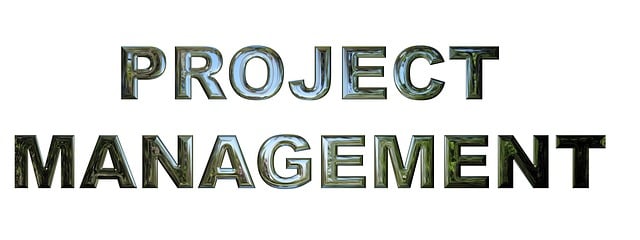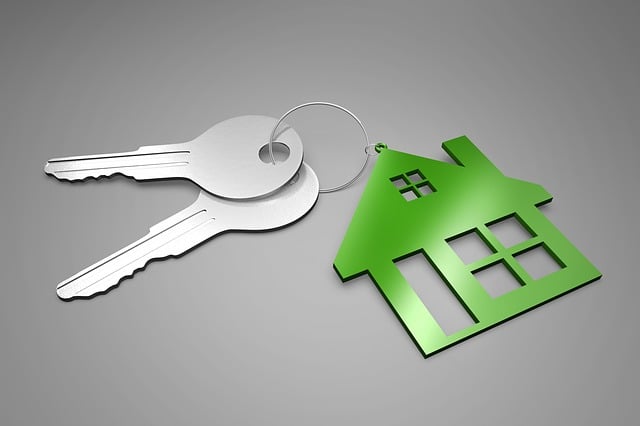In real estate, effective tenant management is key to preserving property value and facilitating smooth operations. Landlords must balance tenant satisfaction with asset maintenance through prompt responses, open communication, clear rules, and regular inspections. Best practices include detailed lease agreements, thorough documentation, transparency, and fairness, which lead to longer lease terms and lower turnover rates. Clear expectations, detailed lease agreements, and effective communication strategies prevent issues, build trust, reduce disputes, and ensure successful property oversight in a competitive market.
In the dynamic realm of real estate, effectively overseeing tenants and maintaining property conditions is paramount for success. This comprehensive guide delves into the multifaceted aspects of tenant management, from understanding your responsibilities and setting clear expectations to fostering robust relationships and addressing maintenance concerns. By balancing proactive property upkeep with strategic long-term investments, you can maximize rental values and build a solid reputation in the competitive real estate market.
Understanding Tenant Management: Responsibilities and Best Practices

In the real estate sector, effective tenant management is paramount for maintaining property value and ensuring smooth operations. Landlords or property managers must understand that overseeing tenants involves a delicate balance between meeting their needs and upholding the condition of the asset. This includes responding promptly to maintenance requests, fostering open communication, and establishing clear rules and expectations. Regular inspections can help identify potential issues early on, allowing for prompt resolution and preventing minor problems from escalating.
Best practices in tenant management involve creating comprehensive lease agreements that outline responsibilities, rent payment terms, and consequences for late or missed payments. Landlords should also maintain detailed records of all interactions and transactions with tenants to ensure transparency and accountability. By prioritizing open lines of communication and fair treatment, real estate professionals can foster positive relationships with tenants, leading to longer leases and reduced turnover rates.
– The role of a property owner: What to expect from tenants

As a real estate owner, your role involves more than just collecting rent. It’s about overseeing a community and ensuring the property remains well-maintained and desirable. When it comes to tenants, expect them to be responsible for keeping their spaces clean and reporting any maintenance issues promptly. This includes regular upkeep of personal belongings and respecting shared common areas.
A key aspect is to foster open communication. Tenants should feel comfortable reaching out with concerns or suggestions. Regular check-ins can help identify potential problems early on, allowing for swift action. By promoting a collaborative environment, the property owner can maintain a high standard of living, which is essential for long-term tenant satisfaction and retention in the competitive real estate market.
– Setting clear expectations: Lease agreements and communication strategies

In the real estate realm, setting clear expectations is paramount for a harmonious tenant-landlord relationship. Lease agreements serve as the foundation, outlining responsibilities and rights of both parties. Effective communication strategies complement this document by ensuring tenants understand their duties regarding property maintenance. Regular check-ins, whether in-person or via reliable messaging platforms, can prevent small issues from escalating and foster a proactive approach to property management.
Tenants should be made aware of expected upkeep standards, such as timely reporting of repairs and adherence to cleaning protocols. Equally important is clarity on financial expectations, including rent payment schedules and procedures for addressing late fees or security deposit deductions. Transparent communication builds trust and reduces the likelihood of disputes, making it a key aspect of successful property oversight in the real estate industry.






